What treatment
10+ Highly Rated Stem Cell Treatment for Parkinsons Disease Clinics in Mexico
Reach Out to These Certified Stem Cell Treatment for Parkinsons Disease Clinics List in Mexico Loved by Patients!
MexStemCells Clinic
Overview
MexStemCells Clinic, based in Mexico City, has over 20 years of experience providing top-quality stem cell therapy. MexStemCells is among Top 5 Clinics in Mexico for stem cells.
Read more details
Regenerative Medicine - Stem Cells by ITC
Overview
Immunity Therapy Center in Tijuana, Mexico, is the forefront of medical innovation, transforming lives through the power of cutting-edge stem cell therapies.
Read more details
Stem Health Guadalajara
Overview
Stem Health Clinic, based in Guadalajara, Jalisco, Mexico, brings over 10 years of experience in regenerative medicine, specializing in the use of mesenchymal stem cells. Get Quote Free!
Read more details
Aura Regenerative Center
Overview
Aura Regenerative Center offers advanced stem cell therapy in Monterrey with personalized regenerative treatments led by experienced medical professionals.
Read more details
Discover your treatment options with a free, no-obligation quote!
Get your quote now!CellsTime Clinique Guadalajara
Overview
Visit CellsTime Clinique in Guadalajara, Mexico, for cutting-edge Stem Cell Therapy solutions for diabetes, autism, lupus, and other health conditions!
Read more details
Clinica MER Cancun
Overview
Experience cutting-edge stem cell therapy at Clinica MER in Cancun, Mexico. Led by Dr. Adriana Gudiño Reyes, offering expert regenerative treatments.
Read more details
Instituto de Terapia Celular - Stem Cell Guadalajara Mexico
Overview
Find hope with Stem Cell Guadalajara Mexico at Instituto de Terapia Celular. Personalized MSC therapy for autism, joint pain, anti-aging & nerve health.
Read more details
Limphocare by Limphocite - Stem Cell Clinic in Tijuana
Overview
Discover Limphocare by Limphocite, a trusted stem cell clinic in Tijuana offering advanced regenerative treatments tailored for patient care, and recovery.
Read more details
Discover your treatment options with a free, no-obligation quote!
Get your quote now!Progencell - Stem Cell Therapies
Overview
ProgenCell, located in Tijuana, Mexico, offers stem cell treatment with great results for ophthalmic, immunologic, neurological and metabolic diseases, along with knee injuries and Anti-aging treatments.
Read more details
Quantum Biohack - Stem Cell Therapy Playa del Carmen
Overview
Quantum Biohack offers licensed stem cell therapy in Playa del Carmen with personalized regenerative and longevity treatments under medical supervision.
Read more details
Sportmed Centro Medico
Overview
Discover the intersection of sports and regenerative medicine in Guadalajara, Mexico. SPORTMED offers innovative solutions for athletes well-being.
Read more details
Stem Health | Leading Stem Cell Clinic in Tijuana, Mexico
Overview
Discover Stem Health, your trusted stem cell clinic in Tijuana, Mexico. We provide personalized stem cell therapies for orthopedic, autoimmune & neurological issues.
Read more details
Stem Solutions
Overview
Stem Solutions in San Pedro Garza Garcia Mexico offers advanced stem cell therapies for autism, autoimmune diseases, neurological disorders & sports medicine.
Read more details
CellsTime Clinique Puerto Vallarta
Overview
Discover CellsTime Clinique in Puerto Vallarta, Mexico, offering innovative Stem Cell Therapy for various conditions. Your path to improvement starts here!
Read more detailsCellsClinic
Overview
CellsClinic is the best Hospital in San Pedro Garza Garcia, Mexico for regenerative medicines. They help thousands of people who suffer from chronic degenerative diseases, autoimmune diseases, joint injuries, cerebrovascular accidents, cancer patients.
Read more detailsCellsTime Clinique Tijuana
Overview
Discover CellsTime Clinique in the best zone of Tijuana, Mexico. Your premier destination for advanced Stem Cell Therapy for over 80 conditions! - Transportation from San Diego.
Read more detailsCélulas Madre Dr. Juan Manuel Ortega van Beusekom
Overview
Dr. Juan Manuel Ortega van Beusekom is the best doctor for Stem Cell Therapy in Mexico City, Mexico. Book Regenerative Therapy from top rated clinic now!
Read more detailsCORE Regenerative Orthopedic Center
Overview
Discover CORE, Leading Regenerative Orthopedic Center in Queretaro, Mexico. Specializing in cutting-edge treatments for orthopedic injuries and trauma.
Read more detailsCostamed Medical Group
Overview
Looking for top-notch medical care in Mexico? Costamed offers exceptional services, specializing in dental, cosmetic, and bariatric surgery in Playa del Carmen.
Read more detailsNES Regenerative Medicine Clinic
Overview
NES Regenerative Medicine offers innovative treatments for various medical conditions in Juarez, Chihuahua, Mexico. Experience top regenerative medicine today.
Read more detailsWhich are the top clinics for Stem Cell Treatment for Parkinson's Disease in Mexico?
When considering Stem Cell Treatment for Parkinson's Disease in Mexico, several highly-rated clinics stand out for their expertise and patient care. Some of the top facilities include LONVIDA - Regenerative Medicine in Mexico City, MexStemCells Clinic, Regenerative Medicine - Stem Cells by ITC in Tijuana, Sportmed Centro Medico in Guadalajara, and Stem Health Guadalajara. These clinics are often recognized for their experienced teams, advanced regenerative therapies, and commitment to individualized patient protocols, ensuring comprehensive care for neurological conditions like Parkinson's.
Mexico has become a prominent destination for patients seeking advanced treatments for neurological conditions, including Parkinson's Disease. The clinics mentioned above are frequently highlighted for their specialized approaches and commitment to patient well-being.
- LONVIDA - Regenerative Medicine in Mexico City: Known for advanced regenerative medicine and comprehensive wellness programs tailored for longevity.
- MexStemCells Clinic: With over 20 years of experience, this Mexico City clinic is a leader in stem cell therapy, focusing on various degenerative conditions.
- Regenerative Medicine - Stem Cells by ITC: Located in Tijuana, this center is at the forefront of medical innovation, utilizing cutting-edge stem cell therapies.
- Sportmed Centro Medico: Offering services in Guadalajara and Puerto Vallarta, Sportmed specializes in the intersection of sports medicine and regenerative therapies.
- Stem Health Guadalajara: This clinic in Guadalajara brings over a decade of experience in mesenchymal stem cell applications for diverse health issues.
These clinics often emphasize personalized treatment plans, patient safety, and integrate the latest research in regenerative medicine to support individuals managing Parkinson's symptoms.
What should I consider when choosing a Parkinson's stem cell clinic in Mexico?
When selecting a Parkinson's stem cell clinic in Mexico, prioritize facilities with verifiable accreditations, a multidisciplinary team experienced in neurological regenerative medicine, and transparent patient testimonials. Ensure the clinic's treatment protocols are well-defined, and they offer comprehensive pre-treatment evaluations and structured post-treatment follow-up care. A clear communication process and robust safety standards are also crucial for your health and peace of mind when choosing a medical facility for Parkinson's treatment.
Choosing the right clinic for stem cell treatment for Parkinson's Disease is a significant decision. Here's a breakdown of key considerations:
- Accreditation and Licensing: Verify that the clinic is licensed by relevant Mexican health authorities (like COFEPRIS) and holds international accreditations if applicable. This ensures adherence to safety and quality standards.
- Specialization and Experience: Look for clinics that specifically focus on neurological conditions and have extensive experience with Parkinson's Disease. An experienced team understands the nuances of the condition.
- Treatment Protocols: Inquire about the types of stem cells used (e.g., mesenchymal stem cells, umbilical cord tissue), their sourcing, and the administration methods. A reputable clinic will provide detailed information on their procedures.
- Patient Support Services: Assess the clinic’s offerings for international patients, such as language support, accommodation assistance, and transportation. A smooth logistical experience enhances the overall treatment journey.
- Transparency: Clinics should be open about their treatment success rates, potential risks, and what realistic outcomes to expect. Avoid facilities making unsubstantiated claims.
- Technology and Facilities: Modern medical facilities equipped with advanced technology for cell processing and patient monitoring indicate a commitment to high-quality care.
How do Mexican clinics approach Parkinson's stem cell therapy?
Mexican clinics typically adopt a personalized, multidisciplinary approach to Parkinson's stem cell therapy. This usually involves a thorough initial evaluation, followed by a tailored treatment plan using specific types of stem cells, often mesenchymal stem cells (MSCs) sourced from umbilical cord tissue or adipose tissue. Administration methods vary, commonly including intravenous infusions or intrathecal injections, designed to promote neuroprotection, reduce inflammation, and support tissue repair for improved neurological function in Parkinson's patients.
The approach to Parkinson's stem cell therapy in Mexican clinics is generally characterized by:
- Individualized Treatment Plans: Each patient receives a custom-designed protocol based on their specific condition, disease progression, and overall health status. This ensures that the treatment is optimized for their unique needs.
- Comprehensive Diagnostics: Before treatment, patients undergo extensive evaluations, which may include advanced imaging (MRI, PET scans), neurological assessments, and detailed medical history reviews to understand the scope of their Parkinson's Disease.
- Stem Cell Sourcing: Common sources for stem cells include umbilical cord tissue (allogeneic, from screened donors) or the patient's own bone marrow or adipose (fat) tissue (autologous). These are processed in specialized laboratories to ensure purity and viability.
- Administration Techniques: Stem cells are delivered through various methods tailored to target the central nervous system effectively. Intravenous (IV) infusions allow for systemic distribution, while intrathecal injections directly deliver cells into the cerebrospinal fluid for closer proximity to the brain.
- Focus on Regeneration and Support: The primary goals of these therapies are to potentially replace damaged neurons, provide neuroprotective support to existing cells, reduce neuroinflammation, and modulate immune responses, aiming to mitigate Parkinson's symptoms and enhance quality of life.
- Integrative Care: Many clinics combine stem cell therapy with other supportive treatments, such as physical therapy, nutritional counseling, and conventional medication management, for a holistic approach to patient recovery and long-term well-being.
Are stem cell treatments for Parkinson's regulated in Mexico?
Yes, stem cell treatments for Parkinson's Disease in Mexico are subject to regulation by the Federal Commission for the Protection against Sanitary Risks (COFEPRIS). This regulatory body oversees medical procedures, including regenerative medicine, to ensure patient safety and ethical practices. Reputable clinics will operate under these guidelines, often maintaining transparency regarding their licenses and compliance, which is a key indicator of trustworthy and safe Parkinson's treatment options.
Understanding the regulatory landscape is crucial for patients considering stem cell therapy in Mexico.
- COFEPRIS Oversight: COFEPRIS is Mexico's equivalent of the FDA, responsible for regulating health products and services, including stem cell therapies. They set standards for cell processing, safety, and clinical application.
- Ethical Guidelines: Clinics adhering to COFEPRIS regulations typically follow strict ethical guidelines for patient consent, cell sourcing, and administration, ensuring treatments are conducted responsibly.
- Clinic Verification: It's important for patients to verify that any clinic they consider is properly licensed and has a track record of compliance with COFEPRIS regulations. This information is usually available on the clinic's website or can be requested directly.
- Ongoing Development: The field of regenerative medicine is continually evolving, and regulations may adapt to new scientific advancements. Reputable clinics stay informed about and implement the latest regulatory updates.
- Patient Protection: Regulatory frameworks are designed to protect patients from unproven or unsafe treatments. Choosing a regulated facility provides an added layer of assurance regarding the quality and safety of the stem cell treatment for Parkinson's Disease.
What are the common types of stem cells used for Parkinson's in Mexico?
Mexican clinics predominantly use Mesenchymal Stem Cells (MSCs) for Parkinson's Disease treatment. These versatile stem cells are often derived from sources like umbilical cord tissue, adipose (fat) tissue, or bone marrow due to their regenerative and immunomodulatory properties. MSCs are favored for their ability to promote neuroprotection, reduce inflammation, and potentially support tissue repair, making them a common choice in regenerative medicine protocols for neurological conditions.
Mesenchymal Stem Cells (MSCs) are at the forefront of regenerative therapies for Parkinson's Disease in Mexico due to their beneficial characteristics:
- Umbilical Cord-Derived MSCs: These are allogeneic (from a donor) cells, often preferred for their high regenerative potential, ease of access, and lack of ethical concerns compared to embryonic stem cells. They are rigorously screened for safety and compatibility.
- Adipose-Derived Stem Cells (ADSCs): These are autologous (from the patient's own body) cells, harvested from fat tissue via a minimally invasive liposuction procedure. ADSCs are abundant, easily accessible, and carry a low risk of immune rejection.
- Bone Marrow-Derived Stem Cells (BMSCs): Also autologous, BMSCs are harvested from the patient's bone marrow. They are known for their regenerative capabilities and are a traditional source of stem cells.
-
Therapeutic Actions of MSCs: Regardless of their source, MSCs primarily exert their therapeutic effects by:
- Releasing growth factors that support the survival and function of existing dopamine-producing neurons.
- Modulating the immune system to reduce chronic inflammation in the brain.
- Promoting the formation of new blood vessels (angiogenesis) to improve blood supply to affected areas.
- Potentially differentiating into neural cells or secreting exosomes that facilitate cellular communication and repair.
How long is the typical stay for Parkinson's stem cell treatment in Mexico?
The typical stay for Parkinson's stem cell treatment in Mexico can vary, but generally ranges from a few days to two weeks. This duration allows for comprehensive pre-treatment evaluations, the administration of stem cells (which might involve multiple sessions), and a crucial post-treatment observation period to ensure patient stability and comfort before returning home. Clinics prioritize sufficient recovery time and initial monitoring for safety and optimal therapeutic effect.
The length of stay for Parkinson's stem cell therapy in Mexico is highly individualized, depending on several factors:
- Treatment Protocol: Simpler protocols involving a single administration might require a shorter stay (e.g., 3-5 days), while more complex regimens with multiple infusions or additional supportive therapies may extend the stay to 10-14 days.
- Cell Sourcing: If autologous stem cells (from the patient's own bone marrow or fat) are used, the stay might be longer to accommodate the collection procedure and cell processing before administration. Allogeneic cells (e.g., umbilical cord-derived) usually require less time as they are ready for use.
- Patient's Condition: The severity of Parkinson's symptoms and the patient's overall health can influence the recommended observation period. Patients with more advanced conditions may require closer monitoring post-procedure.
- Recovery and Monitoring: Clinics schedule follow-up appointments during this period to monitor for any immediate side effects, assess initial responses, and provide personalized post-care instructions.
- Travel Logistics: Patients often factor in travel time and personal preferences for a relaxed recovery period within Mexico before returning to their home country.
It is always recommended to discuss the estimated length of stay and itinerary thoroughly with the chosen Mexican clinic prior to travel.
What post-treatment care do clinics offer for Parkinson's patients in Mexico?
Mexican clinics providing Parkinson's stem cell therapy emphasize comprehensive post-treatment care. This typically includes detailed instructions for medication adjustments, personalized lifestyle recommendations (diet, exercise), and schedules for follow-up consultations, often conducted remotely. Many facilities also suggest integrating complementary therapies like physical and occupational therapy to maximize functional improvements and ensure ongoing patient support, helping to sustain potential benefits from the regenerative treatment.
Effective post-treatment care is vital for maximizing the potential benefits of stem cell therapy for Parkinson's Disease. Mexican clinics often provide a structured approach that may include:
- Personalized Post-Care Instructions: Patients receive detailed guidelines on medication management, dietary recommendations, hydration, and activity levels. This is tailored to each individual's specific needs and condition.
- Follow-up Schedule: Clinics establish a schedule for follow-up consultations, which can often be conducted remotely via telemedicine. These appointments are crucial for monitoring progress, assessing symptom changes, and making any necessary adjustments to the care plan.
- Lifestyle Modifications: Guidance on incorporating healthy habits, including specific exercises, physical therapy, and stress reduction techniques, is often provided to support long-term neurological health and functional improvement.
- Integration with Existing Healthcare: Clinics often advise patients to communicate their treatment details with their local neurologist and healthcare providers to ensure a seamless integration of stem cell therapy with ongoing care.
- Support for Rehabilitation: Recommendations for continued physical therapy, occupational therapy, or speech therapy may be given to help patients strengthen muscles, improve balance, and address communication or swallowing difficulties.
- Nutritional Guidance: Some clinics offer specialized nutritional plans designed to support cellular health and overall well-being, which can be particularly beneficial for patients with neurological conditions.
What factors influence the success rate of Parkinson's stem cell therapy at Mexican clinics?
The success rate of Parkinson's stem cell therapy at Mexican clinics is influenced by several key factors. These include the patient's stage of Parkinson's Disease, their overall health status, the specific type and quality of stem cells used, and the clinic's experience and protocols. Individual response to treatment, adherence to post-care instructions, and the integration of supportive therapies also play significant roles in achieving optimal outcomes and improving neurological function.
While stem cell therapy for Parkinson's Disease is a promising field, its efficacy can vary among individuals. Several factors contribute to the potential success rate:
- Stage of Parkinson's Disease: Patients in earlier stages of the disease may respond more favorably to treatment, as there might be more viable neurons to protect or support. Advanced stages might present greater challenges.
- Overall Patient Health: Co-existing medical conditions, age, and general physical and mental health can influence the body's ability to respond to and integrate stem cell therapy.
- Type and Quality of Stem Cells: The specific type of stem cells used (e.g., MSCs from umbilical cord vs. adipose tissue), their viability, and the cell count administered can impact outcomes. Reputable clinics ensure high-quality, robust cells.
- Clinic Expertise and Protocol: The experience of the medical team, their adherence to scientifically sound protocols, and the precision of cell administration are critical. Clinics with a strong track record in neurological regenerative medicine are generally preferred.
- Patient's Biological Response: Each individual's immune system and regenerative capacity differ, leading to varying biological responses to the therapy.
- Adherence to Post-Treatment Plan: Following post-care instructions, including medication, diet, and rehabilitation exercises, significantly contributes to sustaining and enhancing treatment benefits.
- Supportive Therapies: Integrating physical therapy, occupational therapy, and other rehabilitative strategies alongside stem cell treatment can improve functional outcomes and overall quality of life for Parkinson's patients.
Can I receive consultations from Mexican Parkinson's stem cell clinics remotely?
Yes, most reputable Mexican Parkinson's stem cell clinics offer remote consultations to international patients. This initial step allows prospective patients to discuss their condition, review medical history, and understand potential treatment options with specialists without traveling. Remote consultations are a convenient way to assess suitability for stem cell therapy, ask questions about protocols, and plan the logistics of a medical trip before committing to travel for regenerative medicine in Mexico.
Remote consultations have become a standard practice, especially for international patients seeking specialized medical care abroad.
- Convenience and Accessibility: Remote consultations eliminate the need for immediate travel, making it easier for patients from anywhere in the world to connect with leading Mexican clinics.
- Initial Assessment: During these virtual meetings, medical teams can review submitted medical records, diagnostic scans, and patient history to provide a preliminary assessment of eligibility for stem cell therapy for Parkinson's.
- Treatment Discussion: Patients can discuss the various types of stem cells, administration methods, expected outcomes, and the overall treatment plan. This helps in setting realistic expectations.
- Questions and Concerns: It provides an opportunity for patients and their families to ask questions regarding the clinic's experience, safety protocols, post-treatment care, and any logistical concerns.
- Informed Decision-Making: By gathering comprehensive information remotely, patients can make well-informed decisions about their treatment options and clinic choice before making travel arrangements.
- Technology Utilized: These consultations typically use secure video conferencing platforms, ensuring patient privacy and effective communication with the medical specialists.
What accreditation should Parkinson's stem cell clinics in Mexico have?
For Parkinson's stem cell clinics in Mexico, essential accreditation includes being licensed by COFEPRIS (Federal Commission for the Protection against Sanitary Risks), Mexico's primary health regulatory body. Additionally, international accreditations such as those from the Joint Commission International (JCI) or adherence to international standards like ISO can signify a commitment to high-quality patient care and safety in regenerative medicine. These certifications ensure adherence to strict medical and ethical guidelines.
Accreditation plays a vital role in ensuring that a medical facility, especially one offering advanced therapies like stem cell treatment for Parkinson's Disease, meets established standards of quality and safety.
- COFEPRIS (Federal Commission for the Protection against Sanitary Risks): This is the fundamental national accreditation in Mexico. It ensures that clinics comply with Mexican health laws, including regulations on the processing, handling, and administration of stem cells. Any reputable clinic must hold valid COFEPRIS licensing.
- Joint Commission International (JCI): While not specific to stem cell therapy, JCI accreditation is a global benchmark for healthcare quality and patient safety. A JCI-accredited facility indicates a commitment to international best practices across all medical services, including their regenerative medicine programs.
- International Organization for Standardization (ISO): ISO certifications (e.g., ISO 9001 for quality management) can indicate that a clinic has robust quality control systems in place, covering everything from patient care to laboratory procedures.
- Professional Body Memberships: Affiliation with recognized national or international medical associations related to regenerative medicine or neurology can also demonstrate a clinic's commitment to professional standards and ongoing education in Parkinson's treatment.
- Transparency and Verification: Patients should always confirm these accreditations directly with the relevant organizations or through verifiable documentation provided by the clinic. This due diligence helps ensure the facility operates ethically and safely.
What are the long-term benefits of stem cell treatment for Parkinson's in Mexico?
Long-term benefits of Parkinson's stem cell treatment in Mexico often include sustained improvements in motor symptoms like reduced tremors, rigidity, and bradykinesia, leading to enhanced mobility and coordination. Patients may also experience better balance, improved mood, reduced fatigue, and overall enhanced quality of life, potentially slowing disease progression. These regenerative therapies aim to provide ongoing neuroprotection and functional support, helping individuals manage Parkinson's more effectively over time.
Patients undergoing stem cell treatment for Parkinson's Disease often seek sustained relief and improved quality of life. The potential long-term benefits reported by clinics in Mexico include:
-
Sustained Symptom Management: Patients may experience a lasting reduction in key motor symptoms of Parkinson's, such as:
- Decreased frequency and severity of tremors.
- Improved limb rigidity, leading to greater flexibility.
- Enhanced bradykinesia (slowness of movement), facilitating daily activities.
- Better balance and coordination, reducing fall risk.
-
Enhanced Quality of Life: Beyond motor improvements, many patients report an overall improvement in their daily functioning and well-being. This can include:
- Increased energy levels and reduced fatigue.
- Improved sleep patterns.
- Better mood stability and reduced anxiety or depression.
- Enhanced cognitive function and mental clarity.
- Neuroprotective Effects: Stem cells are believed to exert neuroprotective effects, potentially preserving existing dopamine-producing neurons and slowing the neurodegenerative process associated with Parkinson's Disease.
- Reduced Medication Dependence: Some patients may find that, with sustained benefits from stem cell therapy, they can reduce their reliance on conventional Parkinson's medications or experience fewer side effects from them, under strict medical supervision.
- Improved Independence: The combination of symptom reduction and increased physical capabilities often leads to greater independence in performing daily tasks and maintaining a more active lifestyle.
What research and clinical trials are conducted by Parkinson's stem cell clinics in Mexico?
Many Parkinson's stem cell clinics in Mexico actively participate in or contribute to ongoing research and clinical trials, often focusing on optimizing cell types, dosages, and administration methods for neurological conditions. They may publish their findings, collaborate with international research institutions, or offer treatments under compassionate use protocols. Patients should inquire about the clinic's specific research involvement and how it informs their Parkinson's regenerative medicine practices to ensure they receive evidence-informed care.
The field of stem cell therapy for Parkinson's Disease is dynamic, with ongoing research worldwide. Mexican clinics contribute to this advancement in several ways:
- Active Research Programs: Leading clinics often have their own internal research divisions dedicated to studying the efficacy and safety of various stem cell applications for neurological disorders. This includes investigating different cell sources, processing techniques, and delivery methods.
- Clinical Trials: While some treatments may be offered clinically, many clinics also participate in or conduct their own clinical trials under strict regulatory and ethical oversight. These trials aim to gather robust data on long-term outcomes, refine protocols, and establish best practices for Parkinson's stem cell therapy.
- International Collaboration: Mexican clinics often collaborate with universities, research institutions, and medical facilities in other countries, fostering a global exchange of knowledge and expertise in regenerative medicine.
- Data Collection and Publication: Reputable centers are committed to collecting data on patient outcomes and may publish their findings in peer-reviewed journals or present them at medical conferences, contributing to the broader scientific understanding of stem cell treatments.
- Focus on Innovation: The regulatory environment in Mexico sometimes allows for faster adoption of promising new regenerative medicine techniques, enabling clinics to be at the forefront of innovative Parkinson's treatments.
- Patient Education: Clinics dedicated to research also prioritize educating patients about the scientific basis of their treatments, explaining the difference between established therapies and those still under investigation, ensuring informed consent.
What amenities and patient support services do Parkinson's stem cell clinics offer in Mexico?
Parkinson's stem cell clinics in Mexico typically offer extensive amenities and patient support, especially for international visitors. This often includes personalized case management, dedicated patient coordinators, language translation services, and assistance with travel logistics like airport transfers and local accommodation. Many facilities also provide comfortable private rooms, nutritional support, and access to complementary therapies, ensuring a supportive and stress-free environment for patients undergoing neurological regenerative medicine.
To ensure a comfortable and seamless experience for patients, especially those traveling internationally, Mexican clinics offering Parkinson's stem cell therapy provide a range of amenities and support services:
- Patient Coordination and Case Management: Dedicated patient coordinators guide individuals through every step of the process, from initial inquiry and remote consultation to scheduling appointments and post-treatment follow-up.
- Language Services: Multilingual staff and professional translation services are commonly available to ensure clear communication between patients and the medical team.
- Travel and Accommodation Assistance: Clinics often help with airport transfers, local transportation, and recommendations or arrangements for nearby accommodations that suit various budgets and preferences.
- Comfortable Facilities: Patients typically receive treatment in modern, clean, and comfortable private rooms designed to promote relaxation and healing.
- Nutritional Support: Many clinics offer tailored dietary plans or healthy meal options, recognizing the importance of nutrition in supporting the body's healing processes, especially for neurological conditions.
- Concierge Services: Some facilities go the extra mile by offering concierge services to assist with local errands, sightseeing arrangements (if medically advisable), or any other personal needs during the stay.
- Post-Treatment Follow-up: Beyond the immediate recovery, clinics provide structured plans for long-term follow-up, which may include remote consultations, to monitor progress and offer ongoing guidance for Parkinson's management.
- Emotional Support: Understanding the emotional challenges of Parkinson's, some clinics provide access to counseling or support networks to help patients and their families navigate the treatment journey.












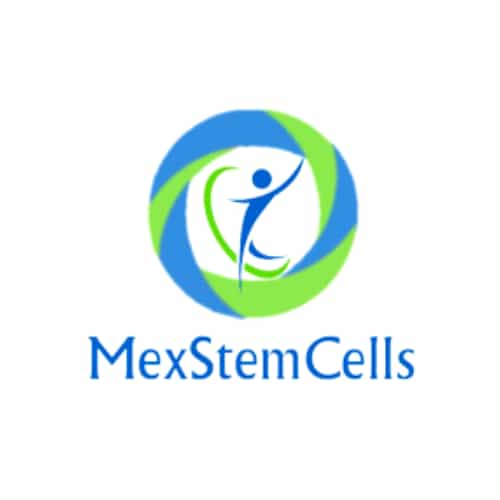
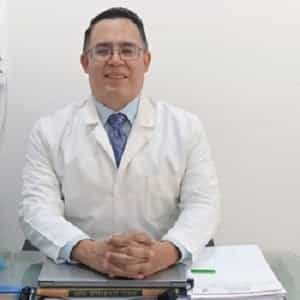
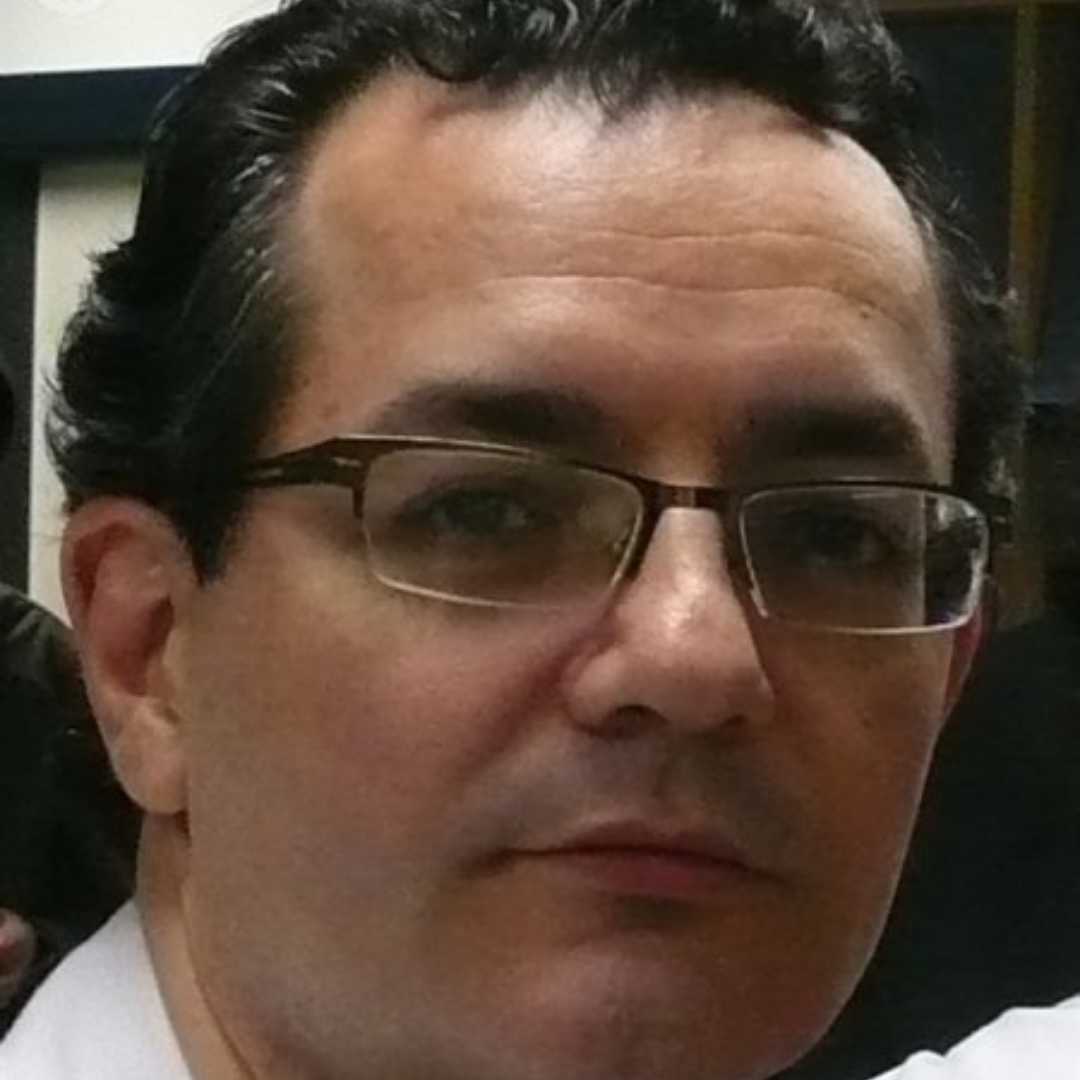
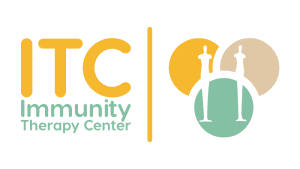
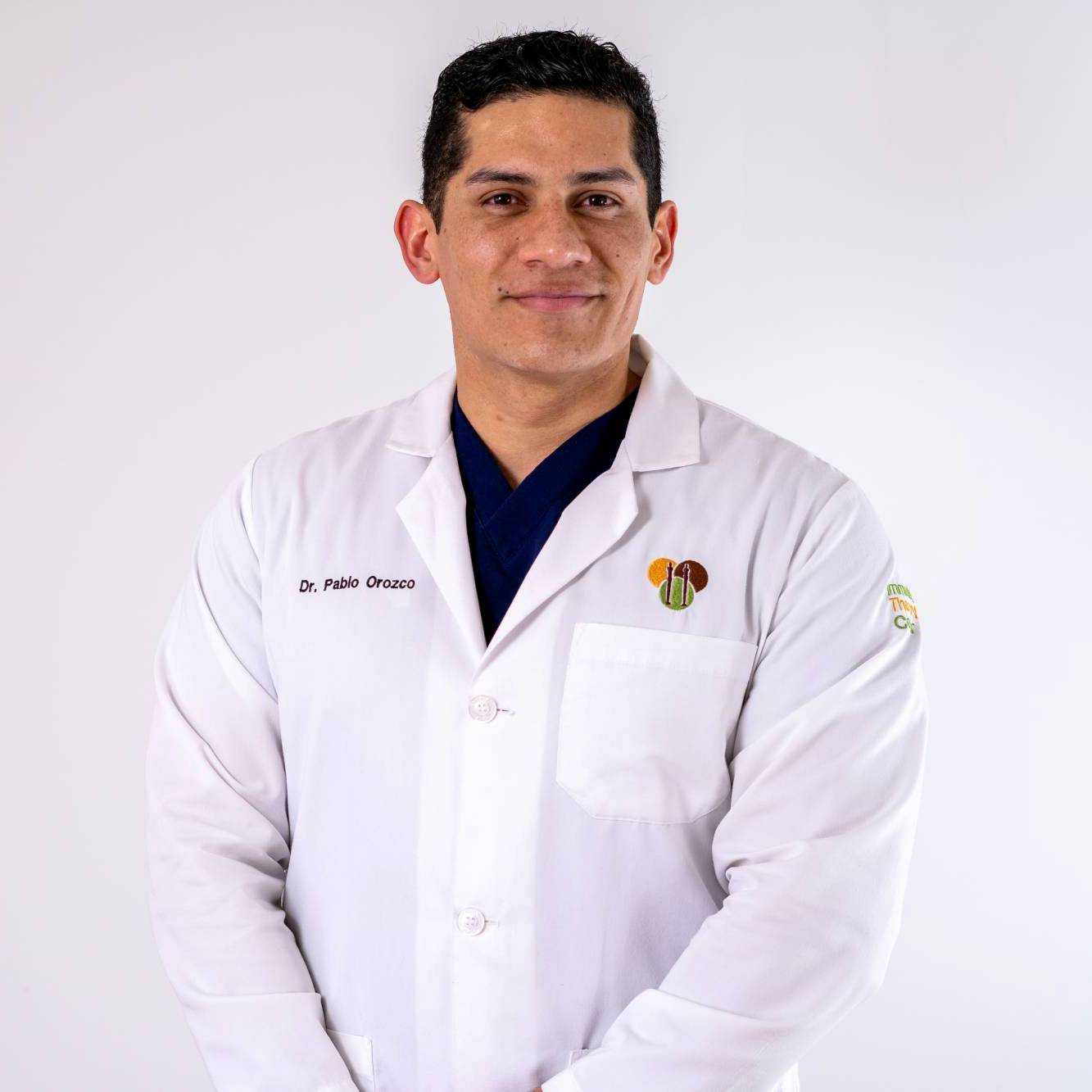
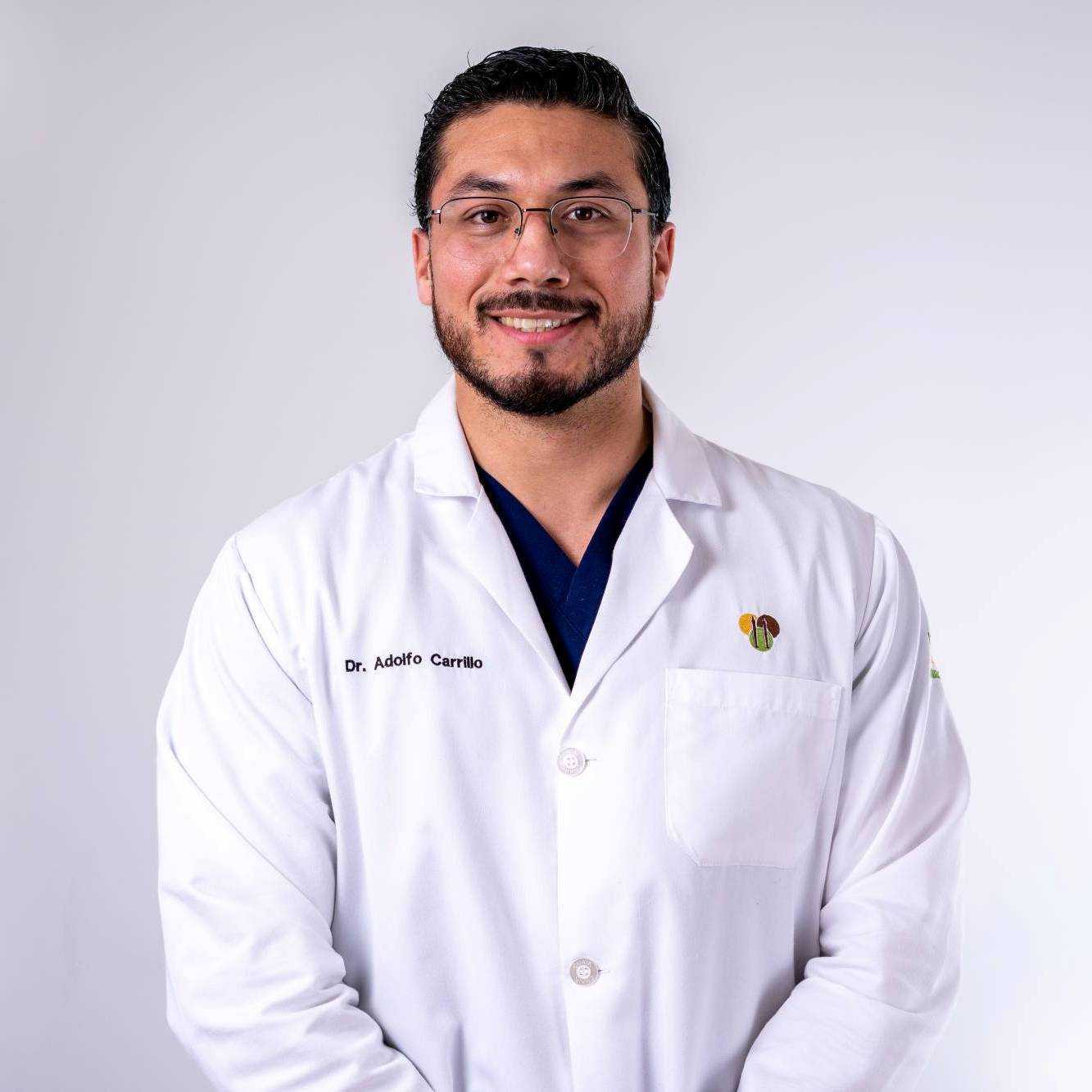
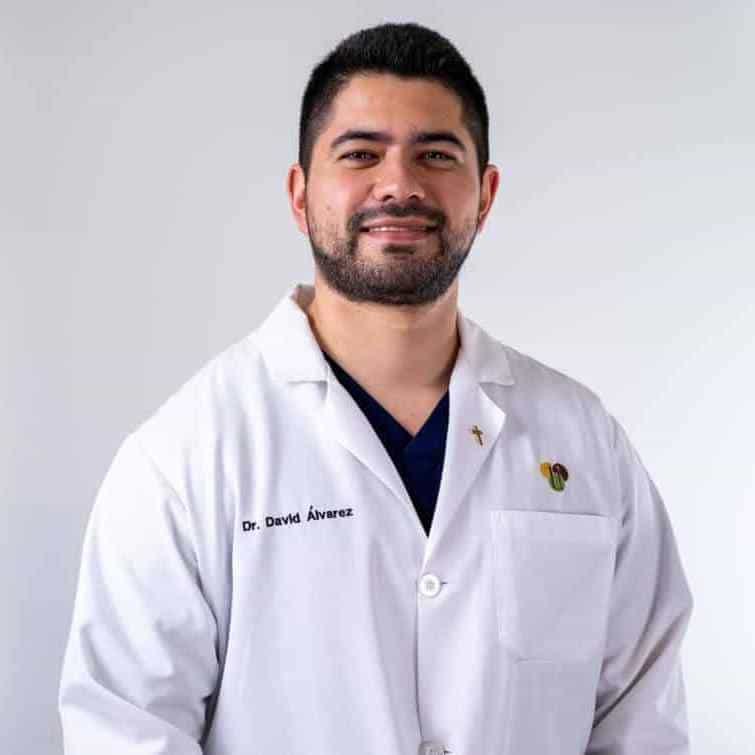
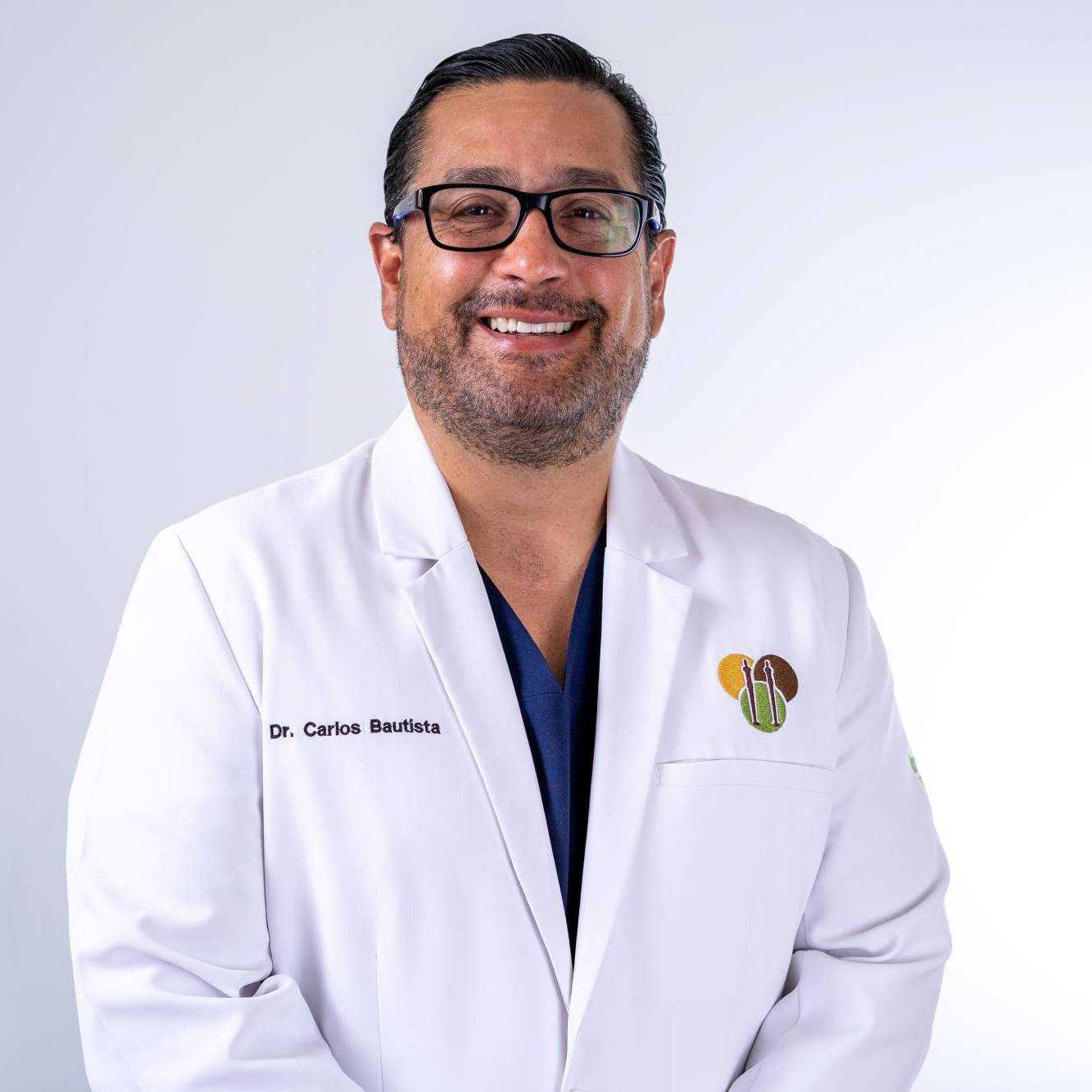








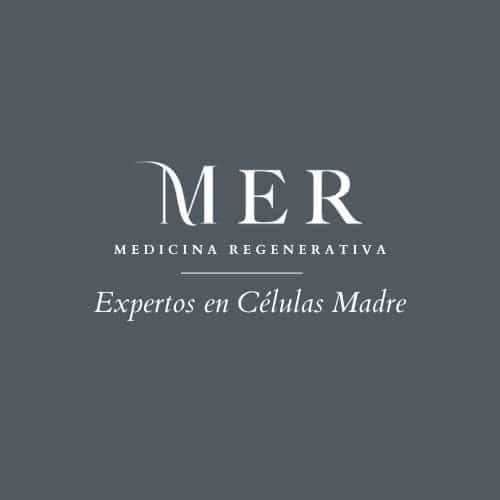

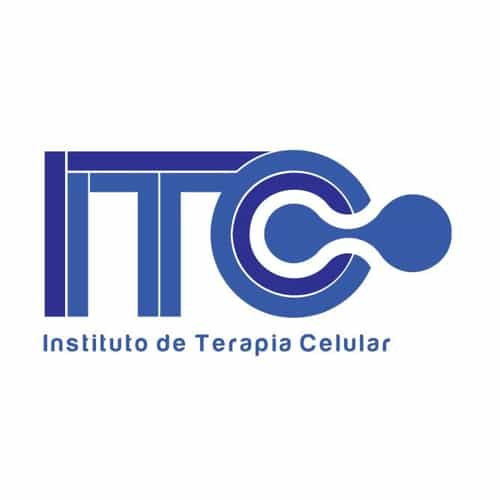

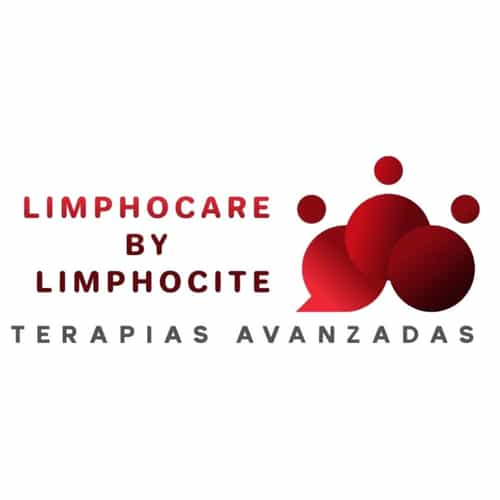
.png)
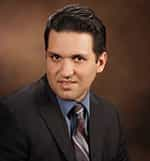





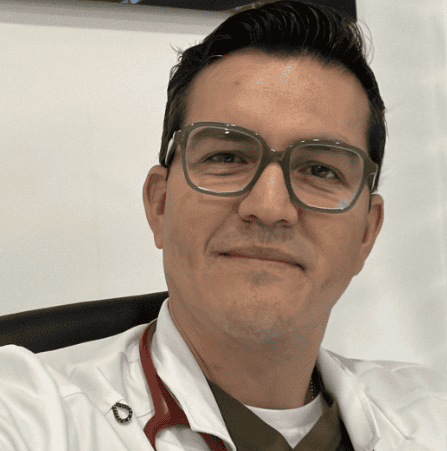
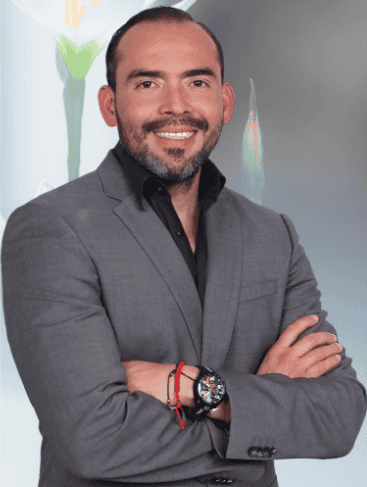
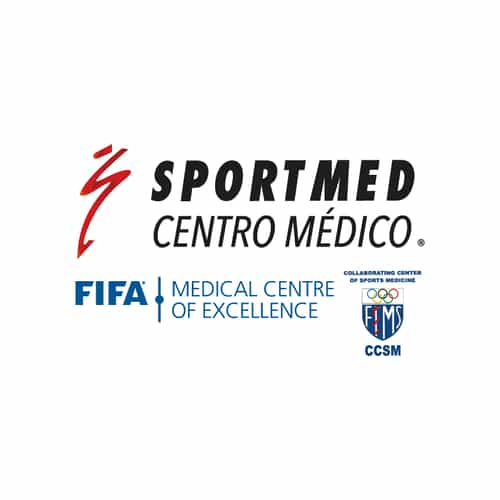


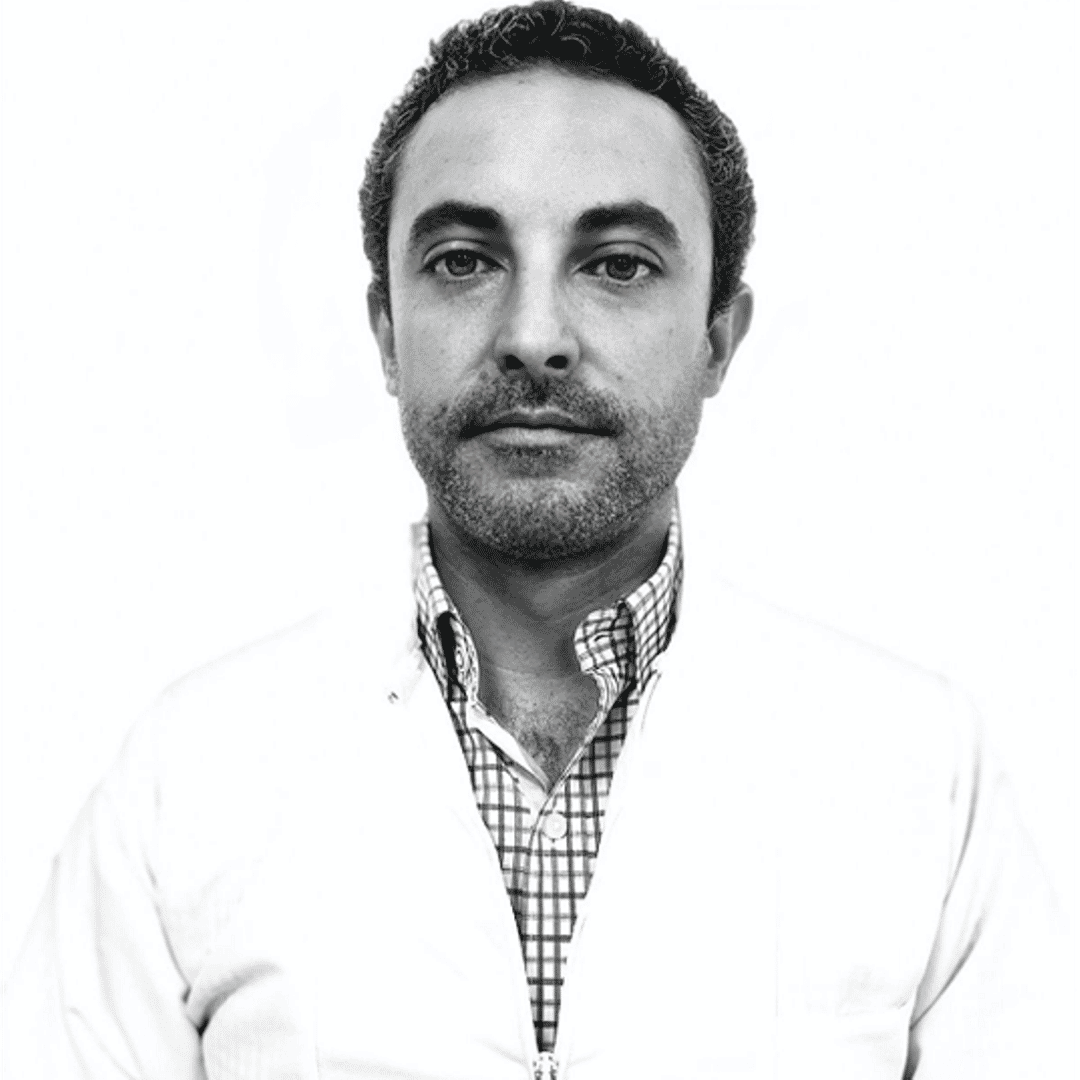



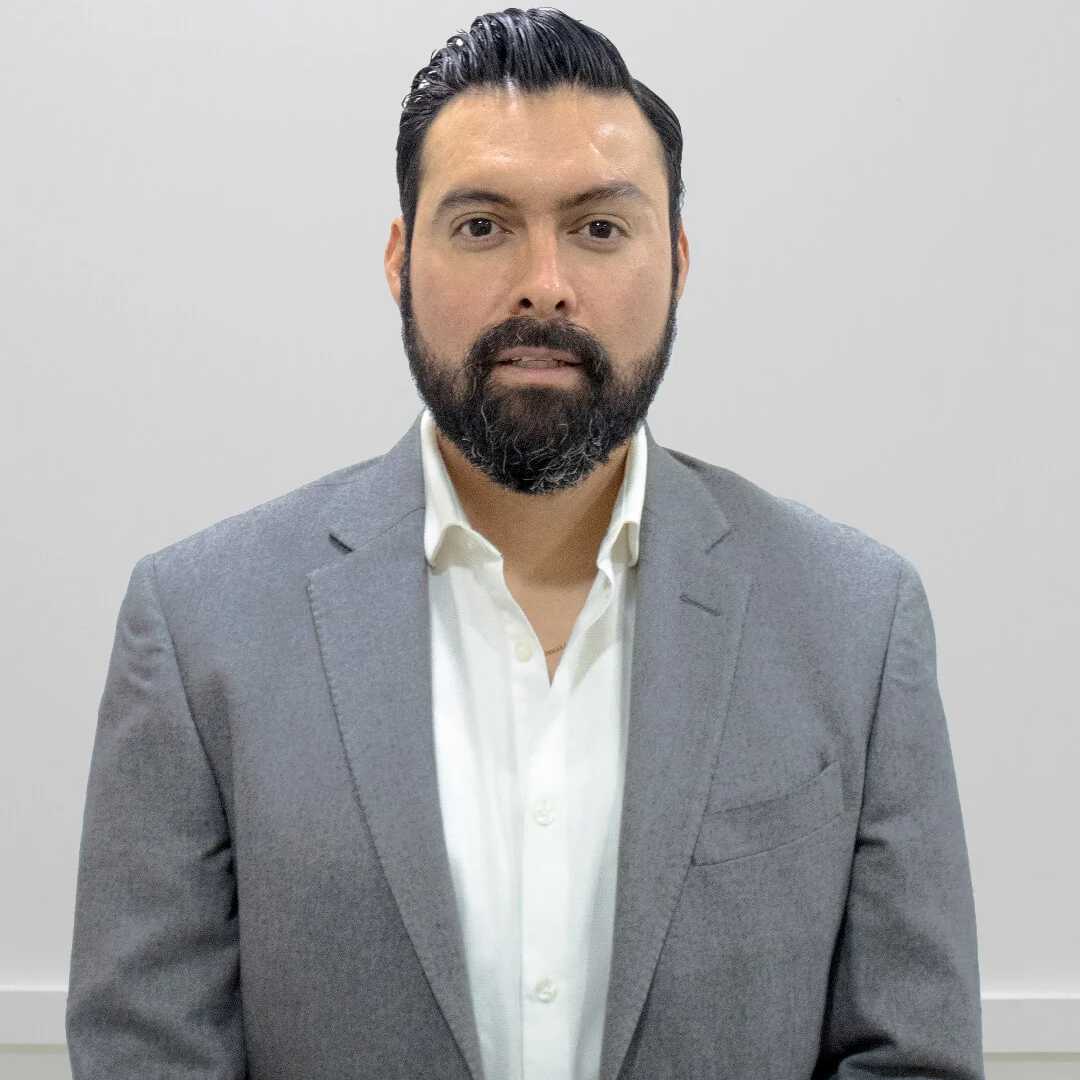

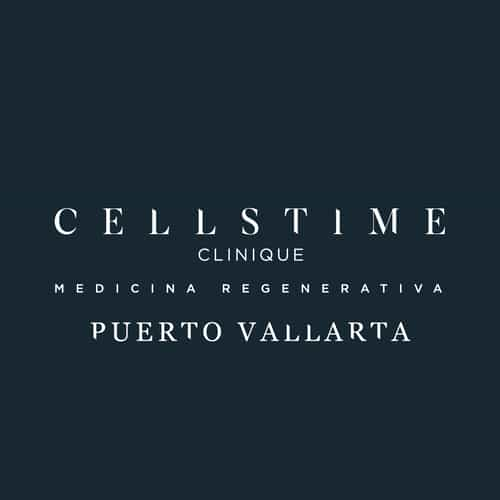
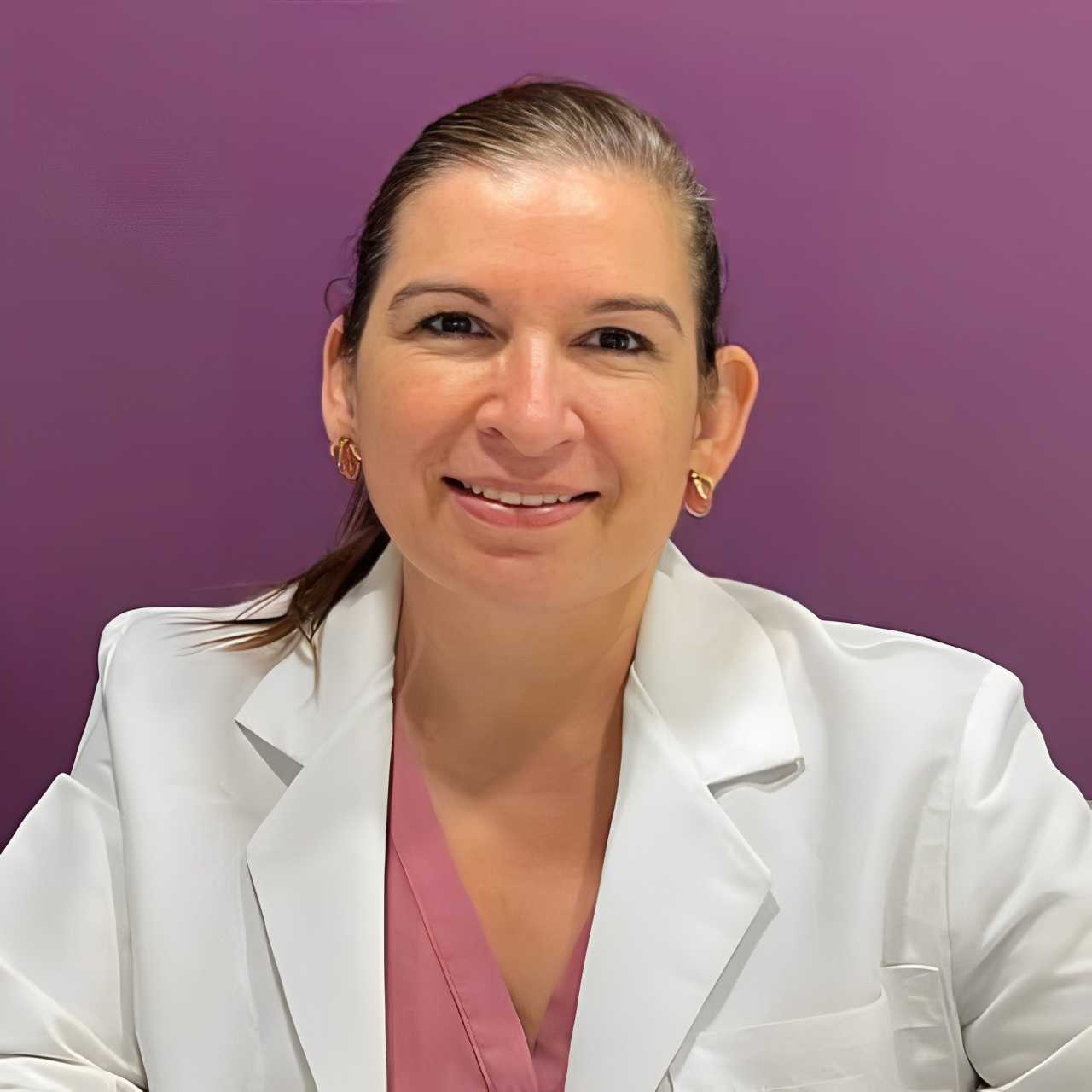
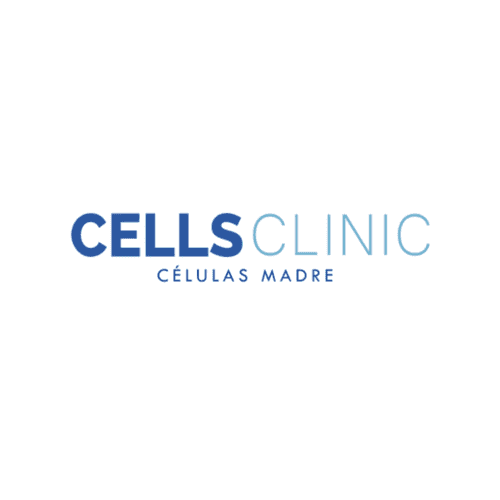
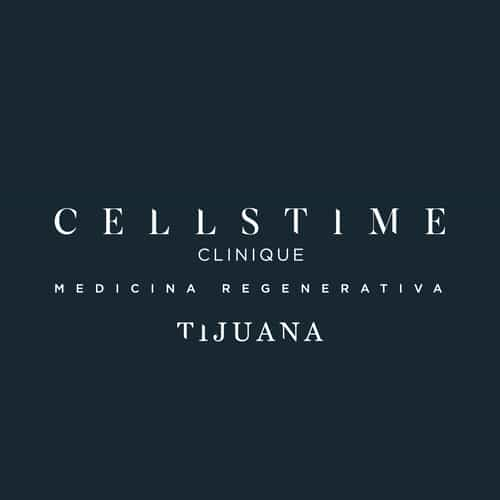


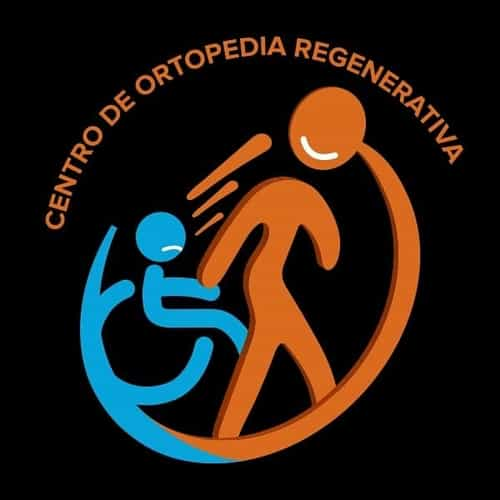

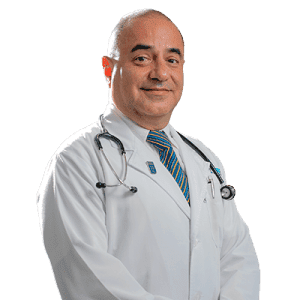

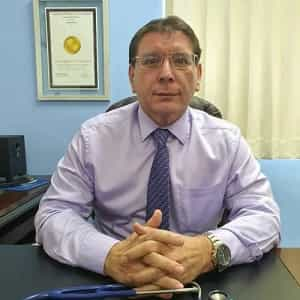

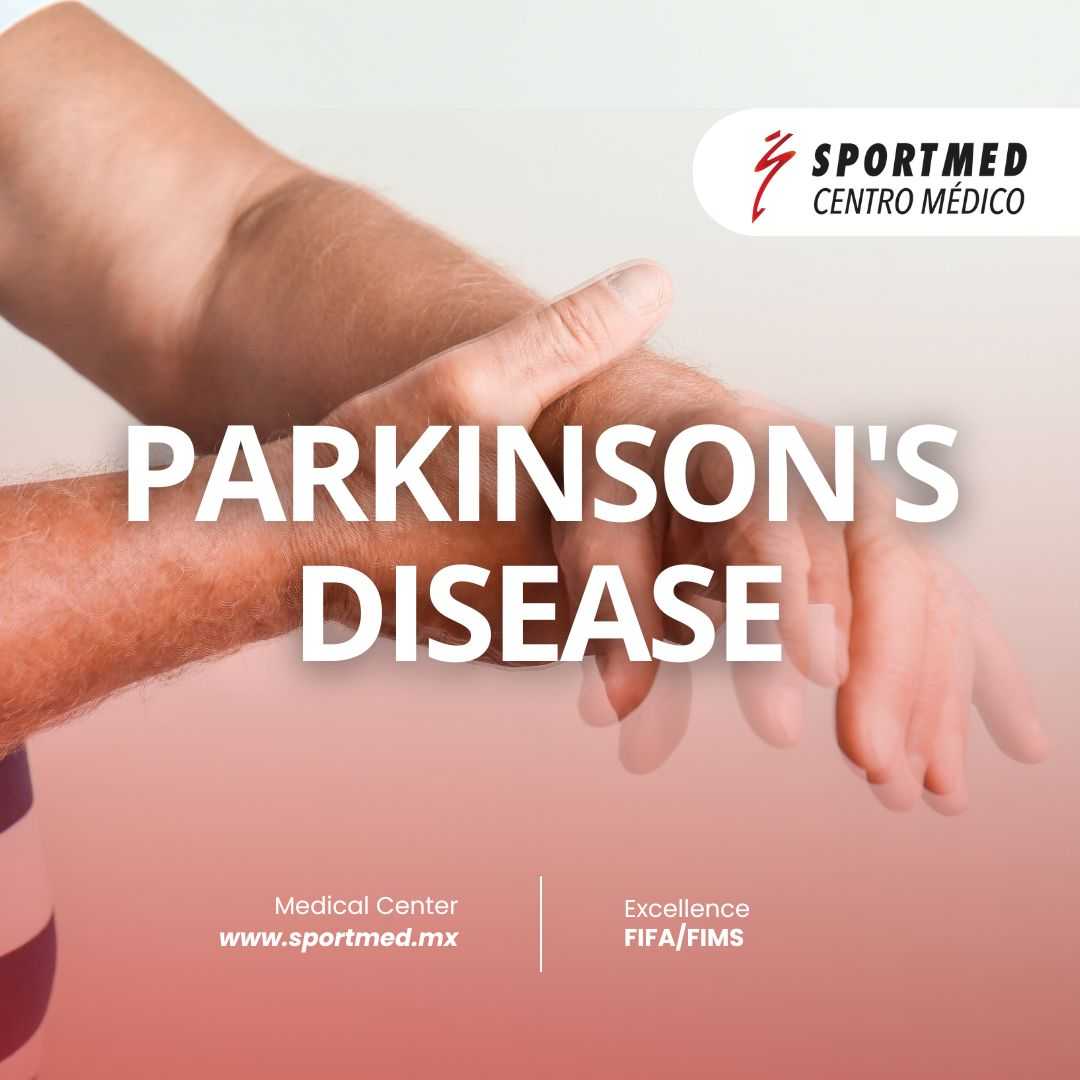
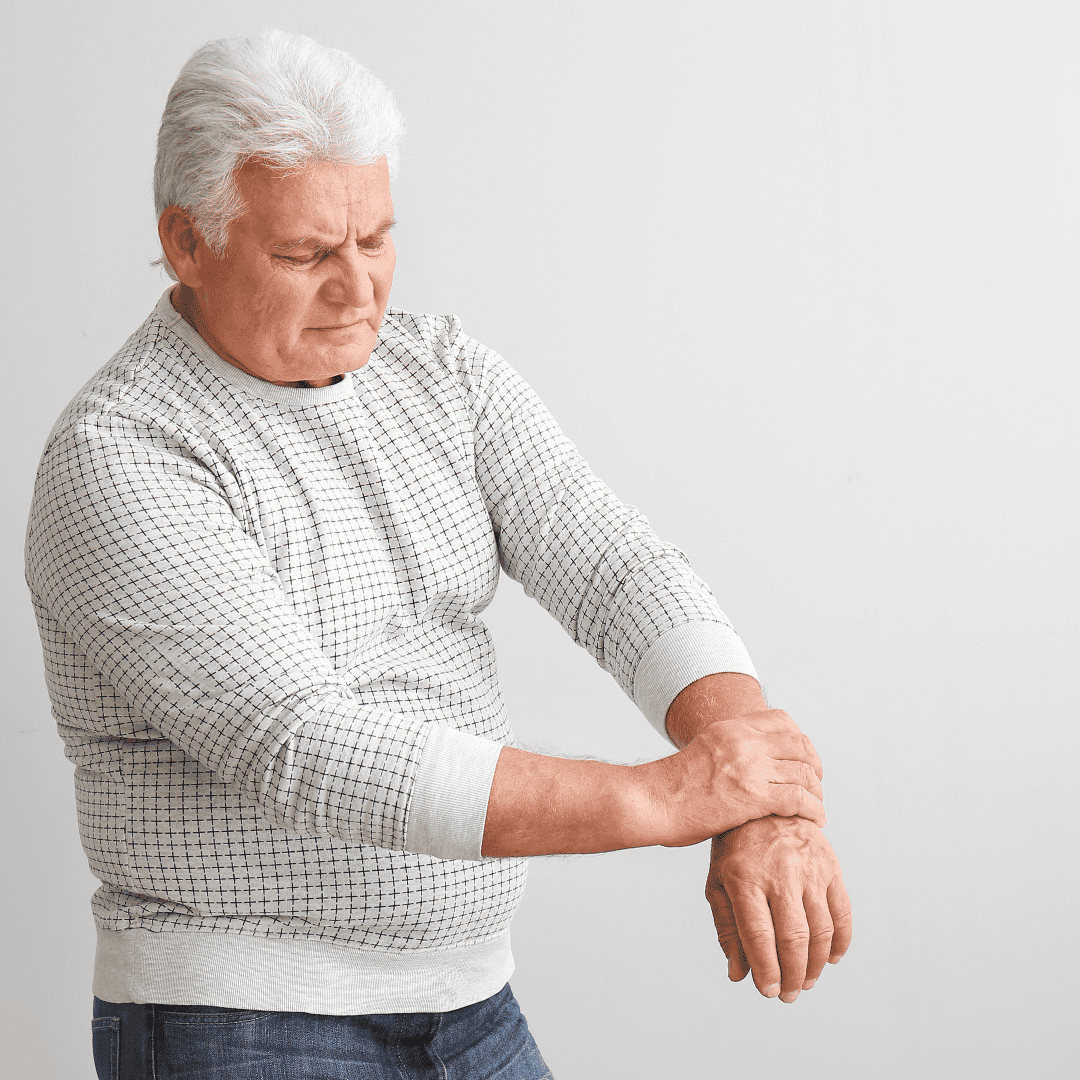
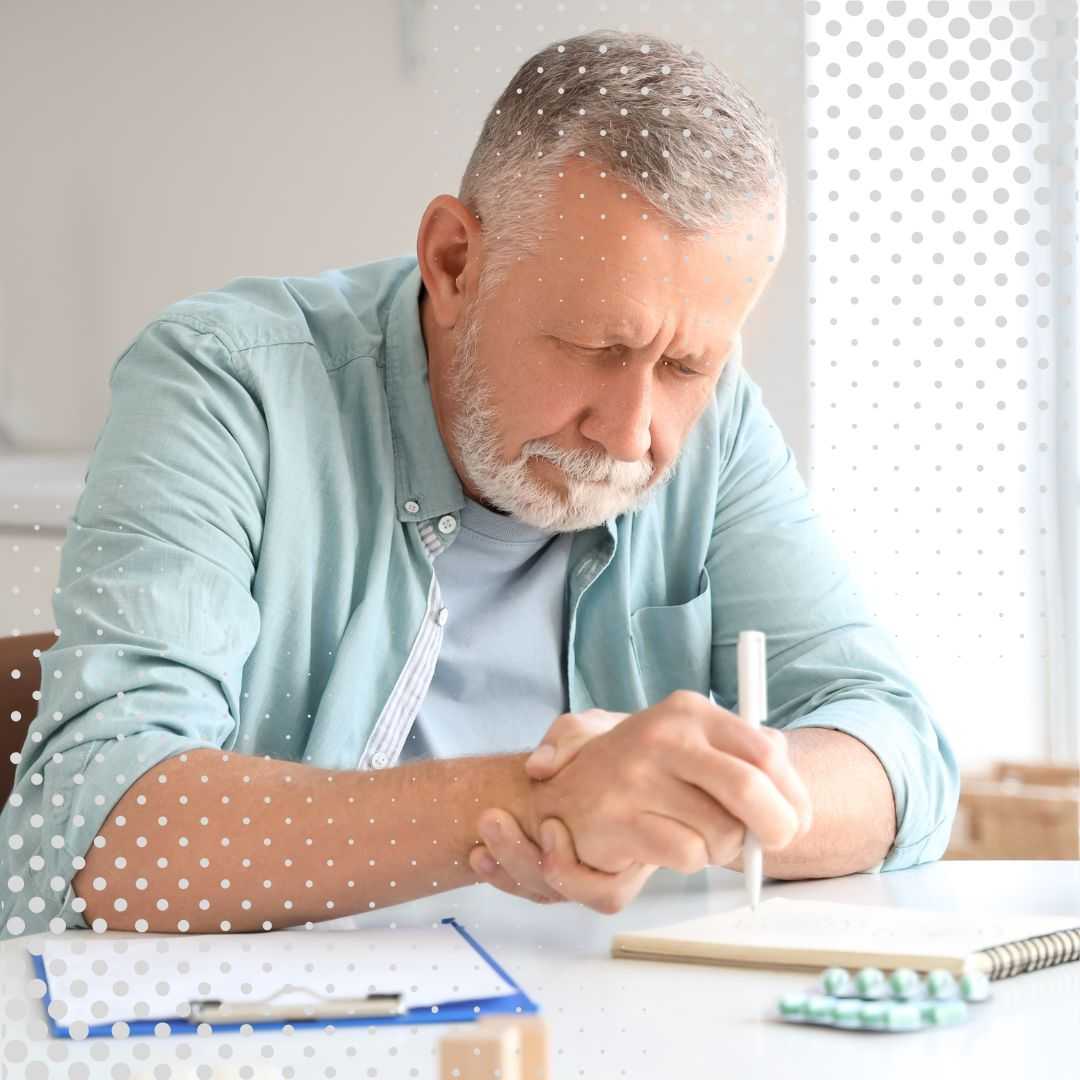
.png)
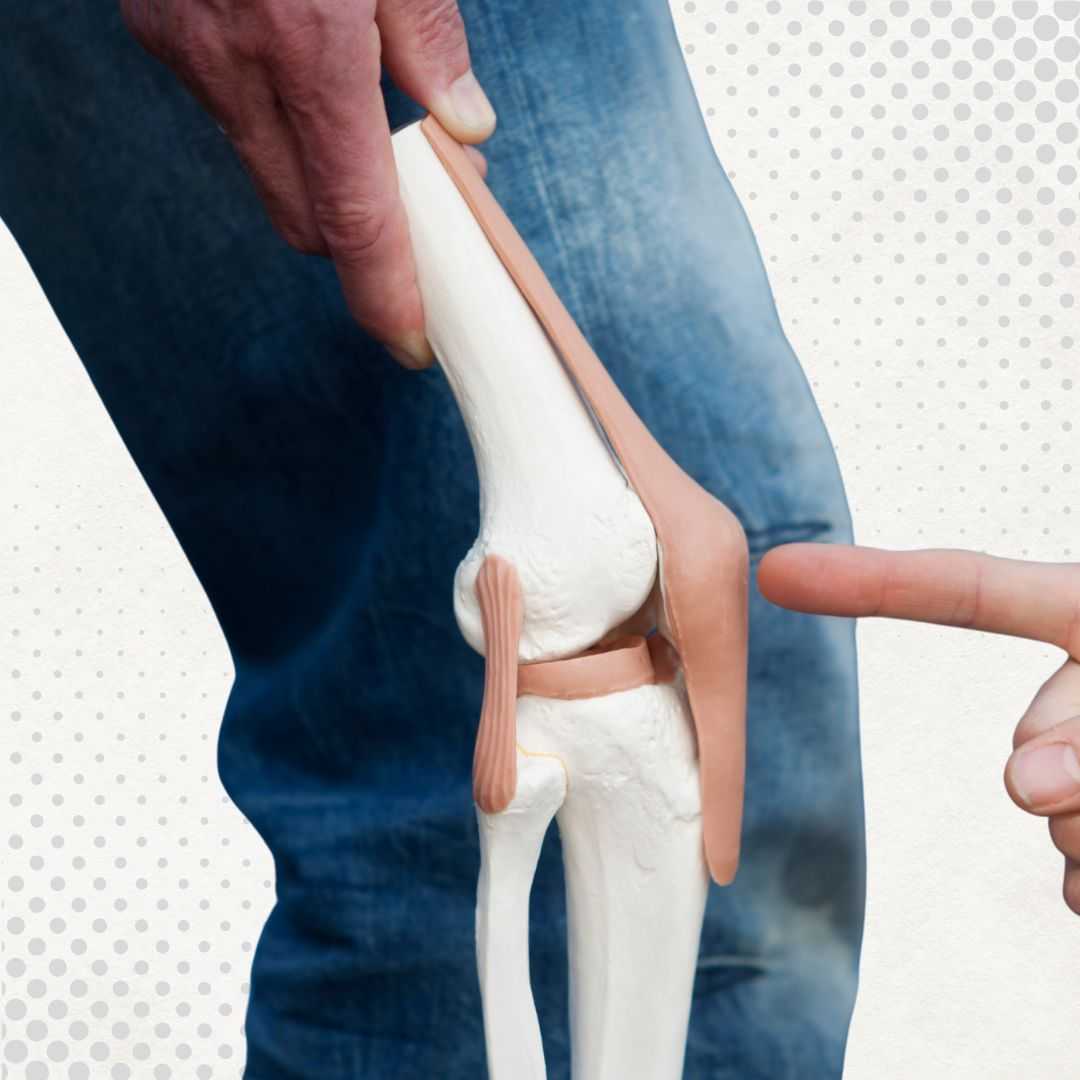
.png)

.png)

I am happy to say everything went smoothly regarding the treatment, I have dialed my insulin pump back, so that makes me happy. My driver was great, the clinic was clean and everyone was super friendly and helpful. Treatments were quick and not painful (other then the first part of taking stem cells out of my stomach fat- that wasn't much fun). I have no complaints and think it was totally a positive experience, so far with positive results that I am hoping continue to improve.
Read More